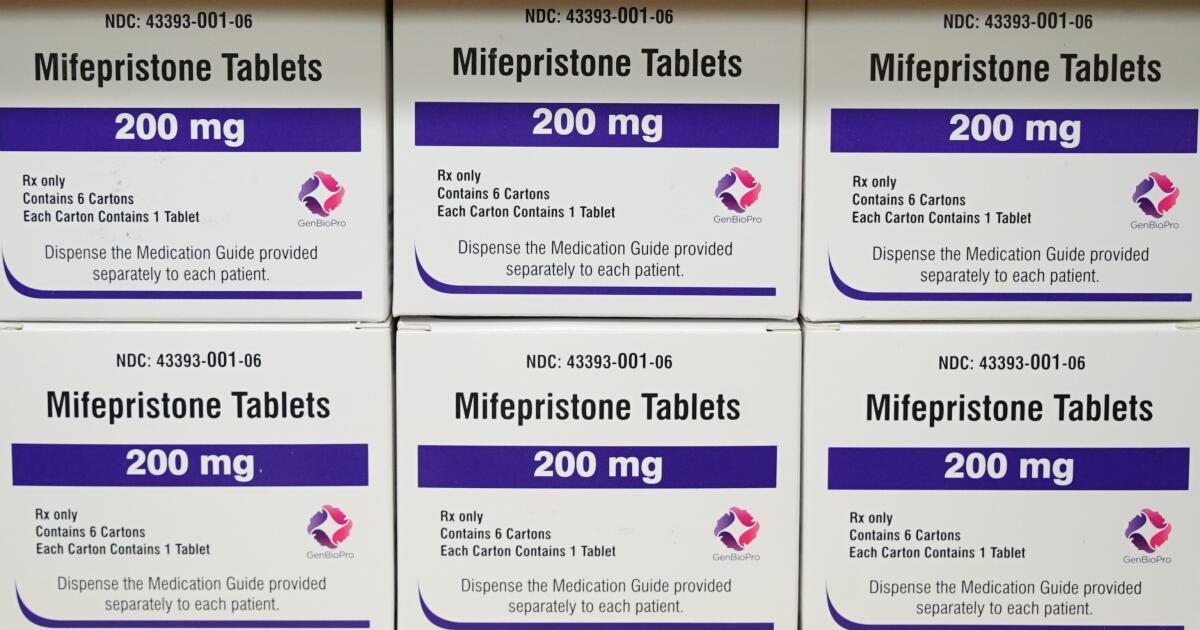When it comes to choosing a baby name, there are endless options.
Some parents might opt for a traditional ‘Jack’, while others may go for more multicultural names such as ‘Arlo’ or ‘Luca’.
Now, research has revealed how baby names in Britain have become more culturally and linguistically diverse over the last 20 years.
Analysis of the top baby names from 2004, 2014 and 2024 found today’s most popular baby names come from a much wider range of countries and languages than they used to.
The favourite baby names at the turn of the millennium were predominantly of English, Hebrew and Latin origin.
Now, two decades later, Italian, Arabic, Norse, and even Scottish-Spanish names also top the list.
Experts say parents now have a much broader frame of reference, and that there’s a ‘real shift’ away from traditional choices.
So, do you have one of these more multicultural names?
Experts said cross-cultural names feel more modern, accessible and stylish compared to traditional options

Australian actress Isla Fisher starred in Confessions of a Shopaholic. Her name, which was the third most popular girl’s name in 2024, has Scottish/Spanish origins

Love Island star Luca Bish has a name with Italian origins. In 2024, it was the seventh most popular name for newborn baby boys
Analysis, carried out by English language classes platform Preply, showed the majority of the most popular names in 2004 were of English, Hebrew or Latin origin.
These included Jack, Joshua, Daniel, Emily and Jessica.
Other popular names from that era were of Greek, Germanic and Celtic origin.
But fast-forward to 2024 and a range of other cultural names are also in the top 20 list.
These include Isla, which is Scottish/Spanish, Luca, which is Italian, Freya, which is Norse, and Muhammad, which is Arabic.
‘As a nation, we’re much more exposed to and connected with other cultures than we’ve ever been,’ a spokeswoman for Preply said.
‘The media we consume, the communities we engage with online, and global migration, have all played a key role in this shift.
‘Parents now have a much broader frame of reference.

Singer-songwriter Freya Ridings also has a name that was popular in 2024. It has Norse origins, meaning it is related to ancient or medieval Norway or Scandinavia

Last year Muhammad – which is Arabic – was the most popular name for boys in the UK. Sir Mohamed Muktar Jama Farah, considered one of the greatest runners of all time (pictured), has a name with a slightly different spellin
‘Now that we’re familiar with more cross-cultural names, they feel modern, accessible, and stylish.
‘Most of these names aren’t necessarily new, they’re just new to us!’
They said names of Scandinavian and French origin, such as Evelyn and Mia, have begun making an appearance in the UK’s top names lists, which they didn’t in 2014 or 2004.
‘This reflects a growing cultural diversity and openness to global influences in baby naming trends,’ they added.
‘We’re also seeing a growing number of names with mythological or historical roots, like Phoebe and Ivy, being embraced by parents today.
‘Overall, there’s a real shift away from traditional choices in favour of names that feel unique and memorable.’
The findings show that, as a nation, we’re becoming more multicultural and linguistically diverse.
‘Today, names of Arabic, Norse, Spanish, and Italian origin appear frequently in the top 20, names that didn’t appear at all just 20 years ago,’ the expert said.
‘A key contributor is our desire for uniqueness.
‘Rather than sticking with conventional name choices, we’re selecting ones that feel more globally relevant.’
‘Additionally, it demonstrates that we’re being influenced by pop culture.
‘The likes of celebrities, football stars, and even social media influencers are swaying our baby naming choices, often without us even realising.






